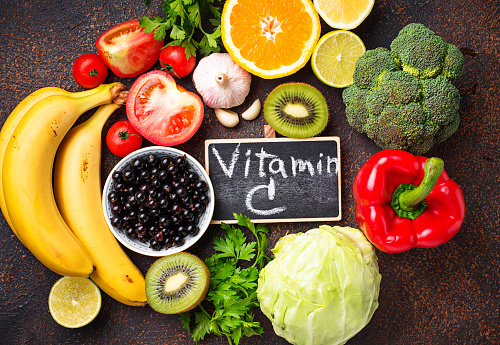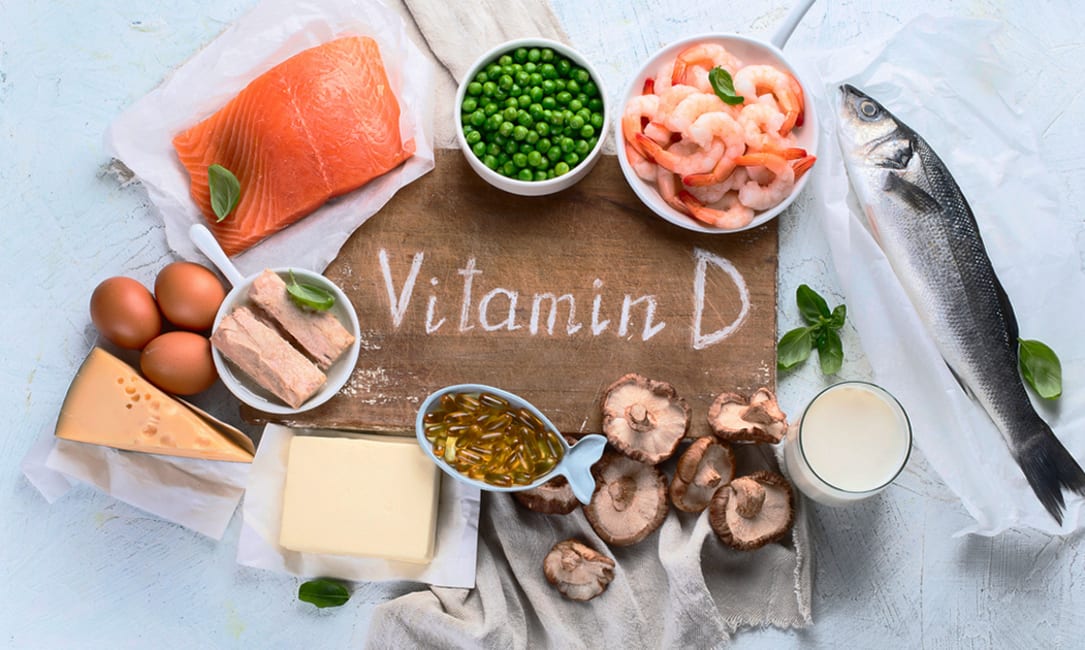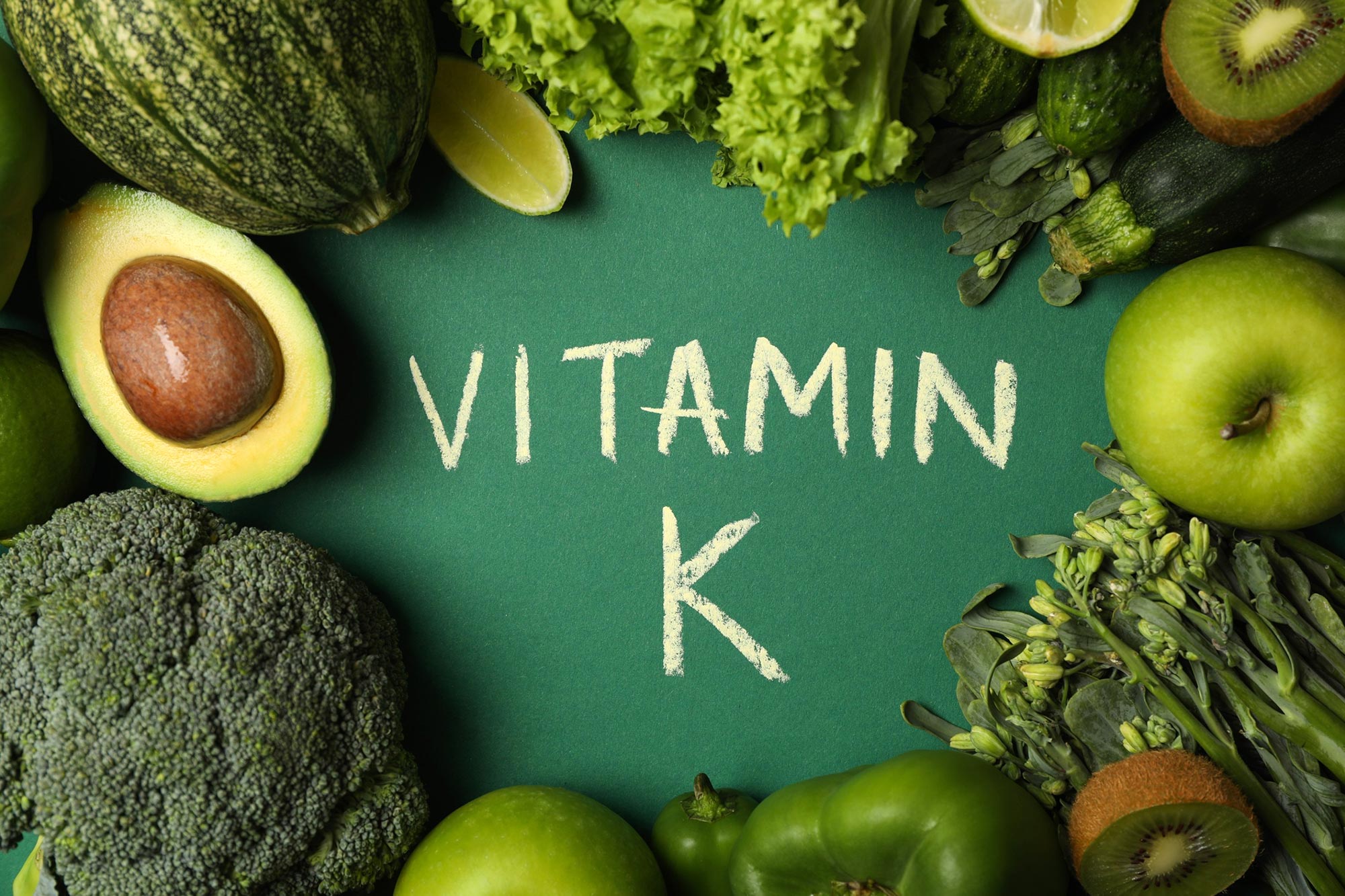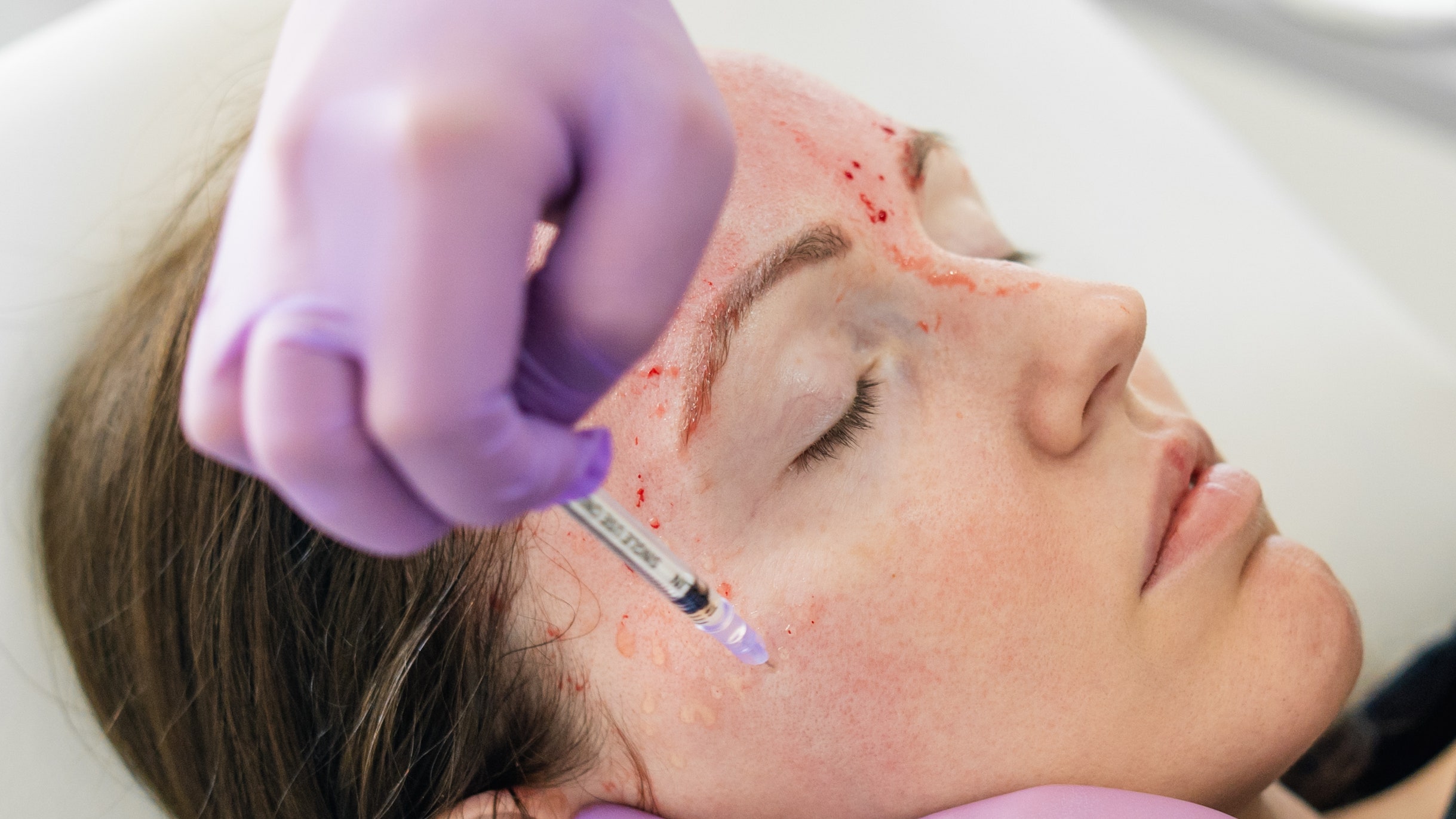Dermatologist’s Picks: Top Vitamins for Your Skin
Share

In this segment, we delve a little deeper into the significance of vitamins for your skin, featuring the top vitamin picks of Dermatologist Dr. Gulhima Arora (Mehektagul Dermaclinic, New Delhi, India). Keep reading for more information on the alphabet soup of skin vitamins!
Vitamin A

Vitamin A, or retinol, has been a must-have ingredient for skincare. As an antioxidant, it fights free radicals in the body, combating signs of aging, like wrinkles. This vitamin plays a vital role in supporting the immune system through T-cell production and growth, ultimately helping to decrease inflammation and breakouts.
Vitamin A also manages oil production which further decreases the formation of breakouts or acne. Retinol promotes collagen synthesis by stimulating fibroblasts, the collagen producing cells, and it hydrates the skin. Both of these benefits help the skin to appear more youthful.
Last but not least, vitamin A also treats hyperpigmentation by normalizing the activity of tyrosine, the enzyme in charge of melanin production. Talk about a powerhouse!
The B Vitamins

B vitamins are necessary for nearly every bodily process. They are essential for cell development, growth, and proper functioning.
B1 – Thiamine: Also called the “anti-stress” vitamin, vitamin B1 supports the immune system and reduces inflammation within the nervous system, preventing breakouts caused by stress on the skin.
B2 – Riboflavin: Vitamin B2 helps cell turnover, the shedding, and placement of dead skin cells. It also regulates collagen, protecting the skin’s structure, reducing inflammation, and increasing wound healing. In addition, B2 helps with mucus secretion, preventing dryness that could lead to overproduction of oil and, therefore, acne.
B3 – Niacin: Vitamin B3 treats skin irritation and many skin conditions like acne, eczema, hyperpigmentation, rosacea, and sunburnt skin. B3 is a super anti-aging ingredient that helps to decrease wrinkles and fine lines.
B5 – Pantothenic Acid: Vitamin B5 is a humectant, preserving moisture in the skin and improving skin elasticity and hydration. Hydrated skin is less prone to acne and it has a youthful appearance.
B6 – Pyridoxine: Vitamin B6 helps regulate mood and sleep by helping to assist with the production of serotonin, melatonin, and norepinephrine. Stress and a poor sleep schedule increases dryness, inflammation in the body and reduces cell regeneration, overall leading to breakouts and premature aging.
B7 – Biotin: Vitamin B7 is essential for the metabolism of fatty acids, the main constituents in cellular membranes, and the basis of all sources of energy. B7 decreases inflammation and protects the skin against acne, fungal infections and rashes. It also protects the cells from losing water, therefore hydrating the skin.
B9 – Folic Acid: Similar to an antioxidant, vitamin B9 also promotes cell turnover and decreases free radical damage, increasing the healing of sun damage and decreasing wrinkles and fine lines.
B12 – Cobalamin: Vitamin B12 is an essential part of cell reproduction. B12 decreases acne, dryness and inflammation when applied topically.
Vitamin C

Vitamin C, or L-ascorbic acid, is an antioxidant that decreases free radicals in the body and aids in collagen synthesis. When paired with sunscreen, vitamin C can enhance the effectiveness of protection against ultraviolet (UV) rays by decreasing cell damage and increasing the body’s healing process. In turn, it can help heal damaged skin and reduce wrinkles.
Vitamin D

The sunshine vitamin, vitamin D, protects and helps rejuvenate skin. Ironically, our primary source of vitamin D is from the same thing that the vitamin is protecting us from: the Sun. We only need 10-15 minutes of sunlight to get our daily dose of vitamin D. As previously mentioned, harsh UV rays cause radiation poisoning, leading to an increase in free radicals when exposed for extended periods.
Since vitamin D plays an essential role in creating healthy cells, research has been done to explore its role in treating skin conditions. A 2009 study concluded that the sunshine vitamin reduces inflammation and irritation, effectively treating psoriasis. Check our “Vitamin D and Hair Loss: What’s the connection?” article for more of Dr. Arora’s dermatology expertise on Vitamin D.
Vitamin E

Like vitamin C, vitamin E is also an antioxidant. It has been used since the 1950s to protect the skin against aging and inflammation; however, it mainly protects against the harmful UV rays from the sun. Vitamin E can absorb UV light, preventing sun damage, dark spots, and wrinkles. The body produces it naturally as an oily substance, which prevents dryness.
Vitamin K

Vitamin K’s main job is to help with blood clotting, aiding the body in healing bruises and wounds, especially after surgery. This also includes the healing of specific skin conditions like dark circles and spots, scars, stretch marks and spider veins (telangiectasia).
Dermatologist’s Picks
So, with all of that in mind, what are Dr. Arora’s top picks for skin vitamins? She’d choose them all! Dr. Arora says, “A balanced interplay between hormones, vitamins, cytokines and hydration are key to healthy skin. Each component has a vital role to play in maintaining this balance and tipping of this balance leads to signs and symptoms of unhealthy skin.”
It’s important to make sure your body isn’t suffering from vitamin deficiencies; at the same time, it is equally as important to be sure your body isn’t being exposed to too much of them as overdosing causes its own issues. As Dr. Arora said, maintaining this balance is key to healthy, youthful skin.
References
- Bowman, Joe. “The 4 Best Vitamins for Your Skin.” Healthline, Healthline Media, 30 July 2020, [Link].
- “B Vitamins: Your Secret to Good Skin Health.” Tri-City Medical Center, Tri-City Healthcare District (A California Hospital District), 1 Oct. 2019, [Link].
- Cover Photo by Anna Shvets via Pexels
- Gold L. F. (2009). Calcitriol ointment: optimizing psoriasis therapy. Journal of drugs in dermatology: JDD, 8(8 Suppl), s23–s27. [Link].
- “What Does Vitamin A Do for Your Skin.” Environ Skin Care, 6 May 2020, [Link].
If you enjoyed our content, please share, comment, like, and follow us on your favorite platforms!
.
.





Amazing article!